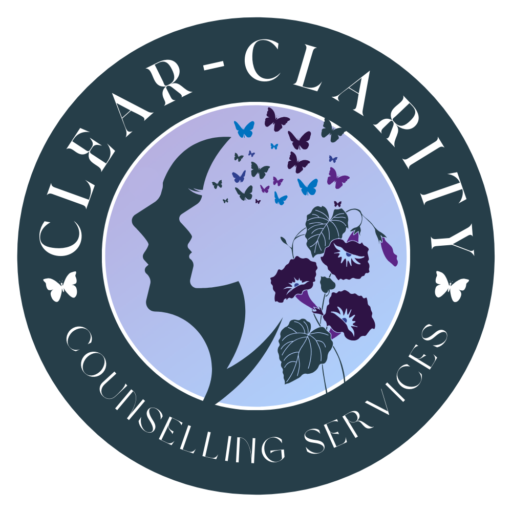Online support from Clear-Clarity Counselling Services in Gillingham Kent
Why being overly self-protective is blocking your emotional growth.
Being Self-Protective is essential for our well-being and emotional health, but it’s equally important to consider the consequences of overdoing it.
Excessive self-protection often leads to avoiding vulnerability, which can prevent deep connections with others.
If you’re always guarded, it’s hard for others to get close to you, which can result in feelings of loneliness and isolation. The Mental Health Effects of Social Isolation (verywellmind.com)
Stunted Emotional Growth:
By shielding yourself from negative experiences, you miss out on positive ones, and consequently, you may not develop the resilience needed to handle challenges.
Missed Opportunities:
Being overly cautious can lead to missed opportunities, whether in your career, relationships, or personal life.
As a result of this, you may limit your potential for growth and fulfilment in these areas.
Fear of failure, rejection, or hurt can also prevent you from taking risks.
Consequently, this hesitation may keep you from opportunities that could lead to growth and success.
Increased Anxiety and Fear:
Overprotection can create a cycle of anxiety and fear. Moreover, your anxiety around uncomfortable situations may actually increase.
This happens because, you’re not confronting or overcoming your fears, instead you’re allowing them to grow stronger.
Feeling discomfort can initially be uncomfortable, however, facing the challenge is essential for personal growth.
If anxiety is impacting you, seeking a counsellor can help you to explore any underlying fears.
Low Self-Confidence:
When you constantly protect yourself from failure or discomfort, you inadvertently miss out on opportunities to build self-confidence and increase self-esteem.
Strained Relationships:
Relationships can suffer when you’re overly self-protective, it can make it difficult for others to feel connected to you.
Consequently, communication may falter and become tense as a result.
Additionally, this can also lead to misunderstandings, resentment, and strained relationships.
How can you Embrace Vulnerability and stop being Overly Self-Protective?
Identify the Root Cause:
Understanding the source can help you address the underlying issues.
Begin the process of understanding the source, by taking time to reflect on why you feel the need to be so self-protective. Next, ask yourself if this behaviour is rooted in past experiences of hurt, rejection, or betrayal.
Additionally, ask yourself if your self-esteem has been impacted by the root cause?
Practice Vulnerability:
Start small by allowing yourself to be vulnerable in small situations.
Share your thoughts and feelings with trusted friends or family.
As you become more comfortable with vulnerability, you’ll find that it helps build stronger connections.
Challenge Negative Beliefs:
Do you believe that people will always hurt you or that you will fail if you take risks?
If so, try examining these beliefs by reflecting on times when things went well and recognising that not all situations end negatively.
Take Gradual Risks:
Start taking small risks that push you out of your comfort zone.
Try something new, speaking up in a meeting, or sharing more of yourself in a relationship, taking small steps can build your confidence.
Develop Emotional Resilience:
Try building your emotional resilience in order to be able to handle setbacks without feeling the need to retreat.
Try getting involved in practices like mindfulness, self-compassion, and cognitive reframing to help you manage negative emotions.
Focus on the Present:
Self-protection is often a result of living in fear of the past or the future. Grounding yourself in the present moment can help you stop anticipating negative outcomes.
Seek Support:
If being overly self-protective is deeply ingrained, it might help to seek support from a therapist or counsellor.
A counsellor can help you work through past traumas and develop healthier coping strategies.
Remember to Celebrate your progress.
Celebrating these moments can reinforce your desire to keep moving forward.
By gradually reducing your self-protective behaviours, you can open yourself up to more fulfilling experiences, deeper connections, and personal growth.
Contact Linda: Clear-Clarity Counselling Services

About the Author
My name is Linda Thompson, I am a qualified and insured counsellor working in Gillingham and Medway, Kent. I support individuals and couples with all kinds of issues, from bereavement to anxiety, relationship difficulties, trauma, abuse and coping with the general stressors of life. Please get in touch to book a session with me. Join me on Facebook.

